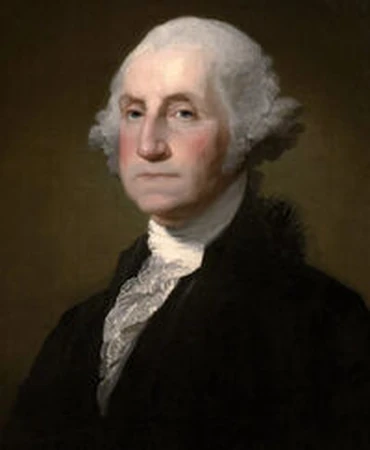Just make up some timeline ideas, and act like this is the AltHistory forum, I guess, this can be ANY timeline.
What's on your mind?
TEXT
POLL
- All3368 posts
- General2243 posts
- News and Announcements80 posts
- Timeline Discussions337 posts
- Map Game Discussions63 posts
- Questions and Answers294 posts
- New on Alternative History76 posts
- General Discussion200 posts
- Off-Topic75 posts
Sort by
Card Layout
General Discussion







12 Votes in Poll
Just Updated
17 Votes in Poll
As fans of alt history, just wanted to know your general opinion of which ones are more overused and which aren't.
Is in spanish, but if you wanna give it a look I would appreciate :)
I want to make a timeline where the 4th crusade recieves the Papal Bull forbidding them from attacking Constantinople and the crusade then disbands because the Venetians pull their backing out in order to prevent any crusader butterfly effect. I can't do this on my own since I am focusing on Glory of Aloisopolis rn but if anyone is interested in joining this project, please let me know. Goal is 5 people! However I cannot do very good maps so I will need a mapmaker for this to get underway.
So, I'm making an AU where instead of Liechtenstein declining to by Alaska from The Russian Empire, Liechtenstein accepts and buys Alaska from it.
But I kind of need help of what the Liechtenstein Monarchy and People do after they buy Alaska.
@WhiteChocolateFan Can you continue doing the Radical River project?
Scrolling through the differently timeline (specifically the screeners page) I've come to notice something, Why are certain editors self inserting themselves into the timeline as "Famous Individuals" I mean aside from how juvenile this is how in the world is this alternate history ??
I understand this is all for fun but come on really now ?
Do you really feel that bad about yourself you feel the need to self insert yourself, do you need to make a whole wikipedia style article about how popular you are in some alternate world that doesn't exist ? its sad.
put that creative energy into making something unique or perhaps you need to see a therapist or hell even (Get this) GO OUTDOORS.
-JP
I'm thinking of a timeline in which more (not all) African nations escape European colonialism. Among the ones that already escaped it (Liberia and Ethiopia), I have 6 more determined:
Ndebele Kingdom/Mthwakazi, which looks like modern Zimbabwe
Sokoto Caliphate
(The glorious) Sultanate of Aussa
Rwanda (but it does expansionism)
Merina
Darfur Sultanate (reformed in 1898)
Aro Confederacy (being Igbo, I must)
Egypt (briefly occupied by the Bri'ish until 1882 in the ATL)
Wassoulou Empire
Any more ideas? I intended to have 10 in total. Also if anyone could give some ideas for how they avoid colonization, that'd be neat. Points of divergence would begin in 1880, so I may have to edit the list somehow if them avoiding colonization would be impossible by 1880
Can you help with Turned Twist in any way, either making pages or editing existing ones, just help out
https://althistory.fandom.com/wiki/Nations_(Parallelity_of_Parallelities)
Notice: Do not add Russia because Muscovy didn't exist in this timeline
14 Votes in Poll
16 Votes in Poll
27 Votes in Poll
18 Votes in Poll
10 Votes in Poll
24 Votes in Poll
18 Votes in Poll
26 Votes in Poll
























